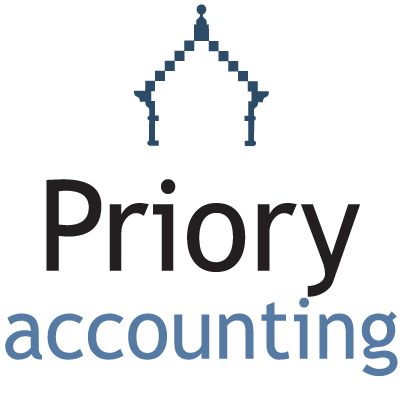Information from HMRC on Making Tax Digital
Businesses should not have to wait until the end of the tax year or even longer before knowing how much tax they should pay.
HMRC will collect and process information affecting tax in as close to real time as possible, to stop tax due or repayments owed from building-up.
From April 2018, businesses, including everyone who is self-employed and those letting out property, will update HMRC at least quarterly where it is their main source of income (or a secondary source of income above £10,000 and their main income is from employment or a pension).
Doing it digitally already
Millions of businesses already manage their tax digitally: 98% of Corporation Tax returns and 99% of VAT returns are submitted online, and HMRC has delivered digital accounts to millions of small businesses. By April 2016, all of the UK’s five million small businesses will have access to their own digital account.
By 2020, most businesses, self-employed people and landlords will be required to keep track of their tax affairs digitally and update HMRC at least quarterly via their digital tax account. These changes will be introduced for some businesses from April 2018, and will be phased-in by 2020, giving businesses time to adapt.
These businesses will be required to use digital tools, such as software or apps, to keep records of their income and expenditure. HMRC will ensure that free apps and software products are available, but many businesses and their advisers will choose to use commercially-available tax software packages. Businesses will use software that compiles their tax data as part of their ordinary day-to-day activity, highlighting any possible errors (for instance, arithmetical mistakes or figures which look out of place) and offering prompts for information that might otherwise be overlooked. Once the software has compiled the relevant data, businesses or their agents will feed it directly into HMRC systems via their computers or smartphones. Updating HMRC directly in this way will be secure, light-touch and far less burdensome than the tax returns of today.
Businesses currently report information on tax returns and pay liabilities long after the end of the tax year. The government is changing the tax system so that it operates much more closely to ‘real time’. Business will be able to see, through their digital accounts, a real-time view of their tax and a calculation of the tax due. By reporting information closer to real time, businesses will find it easier to understand how much tax they owe, giving them far more certainty over their tax position and helping them to budget accordingly.
Consultation on Making Tax Digital
The government will consult widely on the details of these measures in spring 2016, including on whether they should apply to charities, sports clubs and their trading subsidiaries. The government has already announced, however, that these measures will not apply to individuals in employment or pensioners, unless they have secondary incomes of more than £10,000 per year from self-employment or property.
The government is consulting on options to simplify the payment of taxes, including whether to align payment dates and bring them closer to the point when profits arise, so that businesses make a single regular payment that covers all of the tax that they owe.
Of course, we are always here to help you and if you have anyquestions, just oick up the phone or drop us a line




